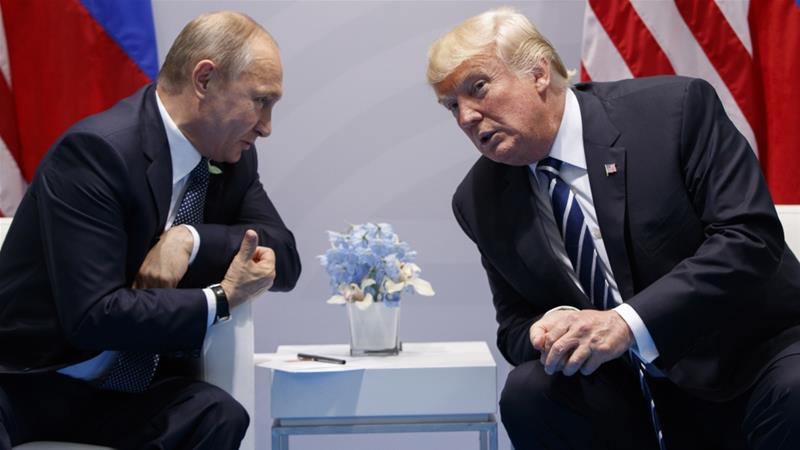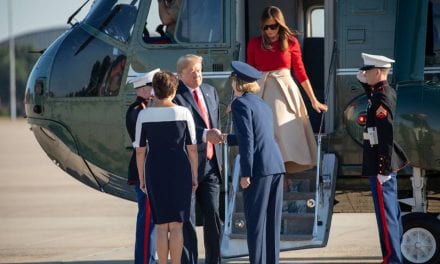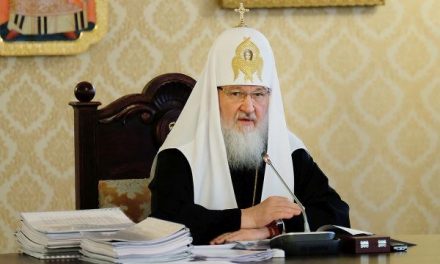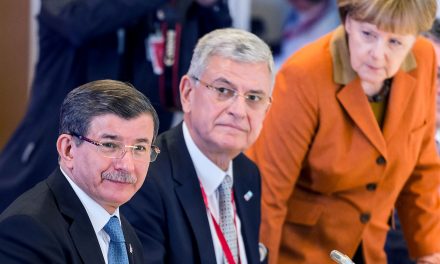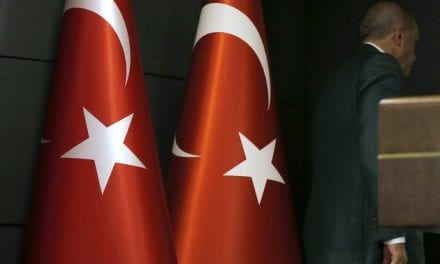By Andrey Sushentsov, Valdai Club
The visit to Moscow of the US National Security Advisor John Bolton received a positive media reaction in Russia. However, this does not mean that the Russian-American summit, scheduled for July 16 in Helsinki, will become an easy walk. Many problems have accumulated in bilateral relations and their priority is different for Russia and the United States.
The first full-fledged meeting of the two leaders will be most likely orientational by nature. The parties will identify their positions and emphasize important issues for themselves. However, due to the accumulation of many problems, and the insufficient conditions for their resolution, it is unlikely that the summit will yield breakthrough results.
First, President Donald Trump is paralyzed by the Congress. What exactly can he offer to Moscow? Anti-Russian sanctions are now fixed by law, and not by the presidential decree, they cannot be easily abolished. The situation in Congress makes unlikely such a confluence of circumstances, which allows serious talk about sanctions lifting. Therefore, possible arrangements can be in the sphere of presidential authority of Trump. First of all, in the sphere of foreign policy. However, here are also insurmountable difficulties.
There is an obvious deadlock on the Ukrainian issue. Nobody can force President Petro Poroshenko to abandon his current political line. The military crisis and the constant mobilization of the electorate are needed for domestic political purposes. The Ukrainians perfectly mastered the theatrical image of the victim and thereby disarmed the West, which does not have the strength to blame Kiev for non-compliance with the Minsk agreements.
A Russian-American agreement on Syria is possible. If the leak to the press is true, the United States will ask Russia to facilitate the withdrawal of Iranian units from Syria. It is unlikely that Moscow will do this. The maximum that is possible here – Russia will act as a security broker between Iran and Israel.
As for the crisis over the North Korean nuclear program, the United States is already engaged in a direct dialogue with North Korea, and although Washington has not achieved much, it could have missed a chance to demand more significant concessions from North Korea. Anyway, Washington still does not need Moscow’s help here.
Another important topic is the arms control. Russian diplomacy prepared a list of proposals in this regard, but it is not clear whether Trump has an interest for this. This is not his theme, he does not worry about a possible new arms race. Probably, the existing restrictions will soon go to the past.
The discussion in the Pentagon about the redeployment of US forces from Germany to Poland does not add optimism. In accordance with the proposal of Warsaw, under discussion are the scenarios of full withdrawal to bases in the USA or the transfer of troops to Poland. The latter option would be a real hostile step.
Finally, there is the idea of Russia’s return to the G7. At first glance, it is not sufficient. The group itself is rather a symbolic union, a sign of solidarity of the West. The return of Russia to the group would also be primarily a symbolic step, rather than a concrete result. This may only signify the end of the period of cooling relations after the Ukrainian crisis. Nevertheless, the G7 is no longer a key institution for global governance, it remains a deeply ideologized association. It is difficult to imagine that the G7 will become a reduced analog of the G20, i.e. it will cease to rely on the solidarity of the West and will become the prototype of a multipolar system, where all countries compete with each other, and at the same time they seek the ground for joint actions.
Apparently, there are not so many issues on the agenda, where an agreement is possible. But maybe Washington’s aim is the opposite, not to offer something, but to increase pressure? So far Trump has not found himself as a leader with aims to resolve crises and contradictions. In Moscow noticed, that Trump raises rates and intensifies tensions before proposing negotiations. Is there enough tension in Russian-American relations or not yet? Russia always reacts to pressure with a reciprocal pressure – Trump’s tactic does not work with Moscow. We also noticed, that Trump is often content with the information effect of his diplomatic initiatives, but he does not achieve concrete results. Probably he does not like to enter into boring but fundamental details and he does not appreciate the long-term consequences – for him it is important to own the initiative here and now. For the abovementioned reasons, in Moscow the expectations from the meeting of the two leaders are rather restrained.
Summing up, Russia’s key problem in relations with the US is the unpredictability of the partner. This is not exclusively a Russian problem, even the US allies complain about Trump’s actions. Therefore, if agreements are reached at the summit in Helsinki, they will have a tactical, situational character – for a period of six months or a year. This is not an ideal option. Russia would like to build long-term, equitable, stable and predictable relations with the United States. But such option of cooperation is also possible, because in such mode Russia works with a number of other complex partners. Ultimately, an important outcome of the Helsinki summit will be the answer to the question: can Russia and the United States work together or not?

